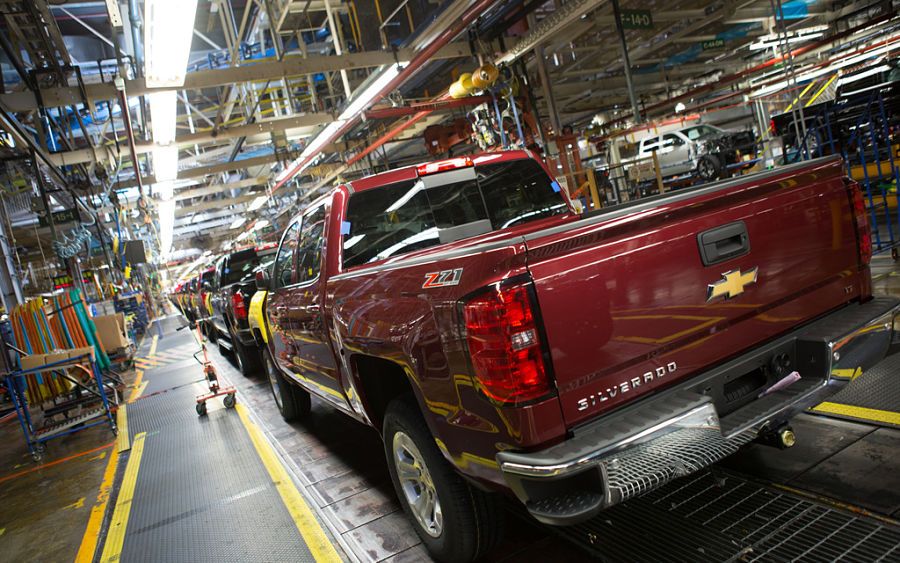The US automotive industry (General Motors Company, Ford Motor Company and Stellantis) requested exclusions to Donald Trump’s tariffs against imports from Mexico and Canada.
Trump is sticking to his plan to impose 25% tariffs starting this Saturday on his two neighbors, arguing that they have not cooperated enough to combat drug trafficking and migration.
Mexico and Canada exported automotive products to the U.S. market for a customs value of 218.564 billion dollars from January to November 2024, which represented half (50.3%) of the total foreign purchases made by the United States in the automotive sector during that period.
Below are the corresponding figures for these imports, in millions of dollars:
- Mexico: 166,137.
- Canada: 52,427.
- World: 434,288.
Exclusions to Donald Trump’s tariffs
The American Automotive Policy Council (AAPC) has requested that automobiles and auto parts that comply with the rules of the Treaty between Mexico, the United States and Canada (USMCA) be exempted from the 25% tariffs, if Trump executes that order.
The AAPC represents the common public policy interests of U.S. automakers General Motors Company, Ford Motor Company and Stellantis.
Industrial Integration
According to the AAPC, U.S. automakers are the core of the U.S. automotive industry, and the U.S. automotive industry is the cornerstone of the U.S. manufacturing sector.
For AAPC member companies, there are two main reasons why the USMCA is so important:
- The USMCA helps facilitate the deep integration of the North American automotive sector, which helps maintain the domestic, regional and global competitiveness of U.S. automakers and the U.S. automotive sector overall.
- The USMCA helps provide the U.S. and North American automotive industry with a higher level of stability, predictability and reliability, which is vitally important given the highly capital-intensive nature of the automotive industries and long and complex supply chains.
“Our auto companies are very concerned about what those tariffs [on Canada and Mexico] could mean for costs, particularly for the cost of vehicles,” Sen. Gary Peters (D-Mich.) said last Wednesday. “I don’t think that’s something the American people want to see.”

